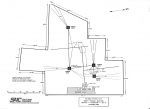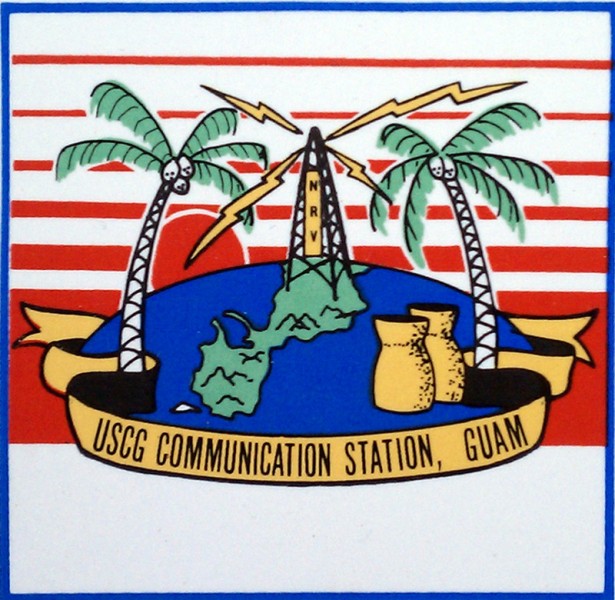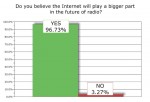Sounds kind of silly, but in some cases, failure is good. Companies that are inefficient, poorly run, poorly conceived, have substandard products, do not serve their clients, and so on should be able to fail. This allows good companies, that do things right, to thrive.
Too big to fail is too big and those companies should be broken up. This holds true in the radio business as well as the banking industry, the auto industry, and so on. What is truly unfortunate is that the people most responsible for the failure, the upper management, and CEOs, often get away with millions while the people who had their back into it get to go to the unemployment office.
That being said, radio is in for some drastic changes soon.
NO BAILOUTS FOR RADIO
Enough already with the bailouts. Radio is not some precious national resource, it does not function for the betterment of society, nor does it provide vital information in the time of emergency. It stopped doing those things years ago when deregulation kicked in, deregulation which was lobbied for extensively by the NAB (National Association of Broadcasters) at the behest of radio and tv station owners, by the way.
Once deregulation took effect, station management went on a hunt for pennies, often tripping over dollars to get them. Through staff reductions and cost cutting, the product was deluded and the medium was marginalized and that is where we are today.
Not everyone followed the above narrative, there are some operators who stuck to the framework of public/customer service and kept good programming on the air. Those stations are few and far between but they are out there. Why should they not reap the benefits of their forward thinking?






Yes, radio was better when there was more competition, If the FCC would have kept the old “7-7-7” rule, things might be different today. With the retirement of many old time station owners not passing stations on to their families, sellouts for big money occurred, which brought in the big money boys. And what do the big money boys want to do? Obviously, they want to make more big money. With a limited bandwidth domestic AM band, the Reagan FCC had a good idea in expanding the band, but it took way too long to implement. And all of the special breaks and incentives for minorities along with the stupid idea of preference toward existing stations wishing to move out of the standard band to lessen interference poisoned the application process. And because of this there are stations that have kept operating today in both the standard band and the extended band because the FCC has not lived up to the original 5 year requirement to turn in one license or the other! This has kept many good new qualified candidates locked out. The NAB in many ways is a ‘glutton for punishment’ when it shoots itself in the foot on many proposals before the FCC. The DTV ploy and the typical government mandated channel transition put a lot of money in the economy but will contribute to free TV’s coming death. The same thing for AM-HD which is another FCC sanctioned boondoggle! Many TV broadcasters, I believe, wished that DTV with its huge investment expenses maybe shouldn’t have happened.